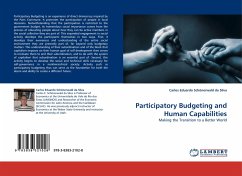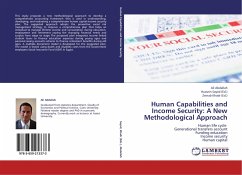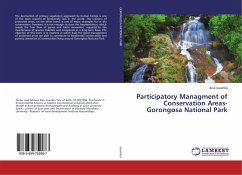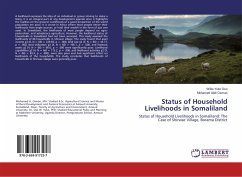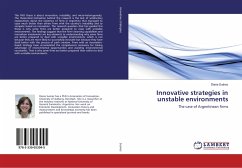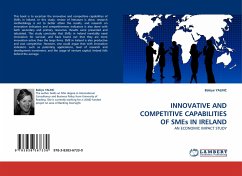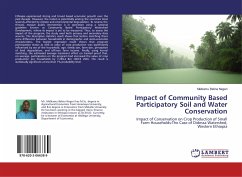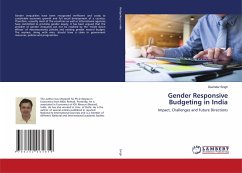Participatory Budgeting is an experience of direct democracy inspired by the Paris Commune. It promotes the participation of people in local decisions. Notwithstanding that the participation is restricted to the government budget, its tremendous social importance comes from the process of educating people about how they can be active members in the social collective they are part of. This expanded engagement in social activity develops the participants themselves in two ways. First, it develops their awareness and understanding of the entire social environment they are presently part of, far beyond only budgetary matters. This understanding of their subordination and of the block that capitalism imposes on their human goal of self development then serves to motivate them to end their subordination, and to do with the system of capitalism that subordination is an essential part of. Second, this activity begins to develop the social and technical skills necessary for self-governance in a nonhierarchical society. Activity such as participatory budgeting thus can serve as the foundation for both the desire and ability to create a different future.
Bitte wählen Sie Ihr Anliegen aus.
Rechnungen
Retourenschein anfordern
Bestellstatus
Storno

